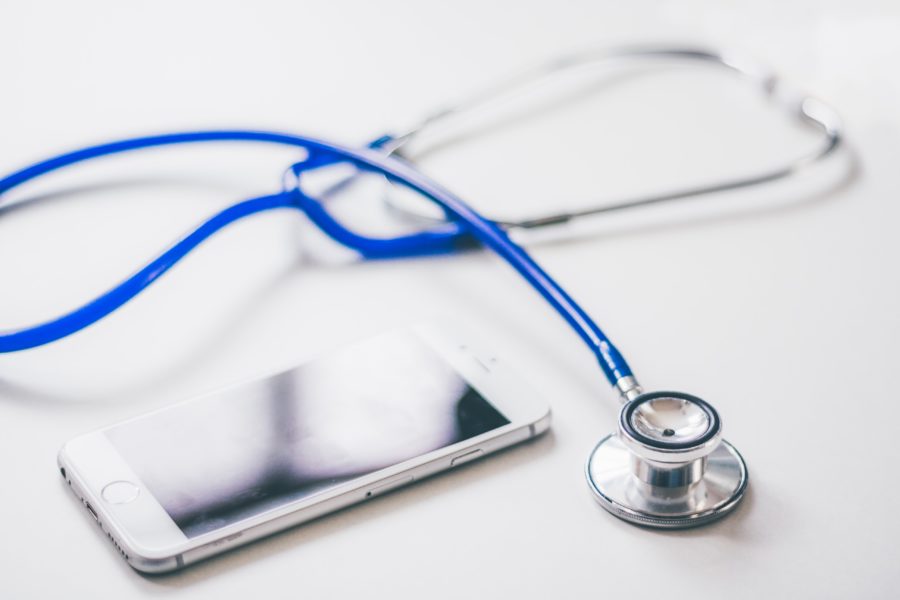Gastric Cancer is not commonly heard of but it is quite rampant and is in fact the third common
cause of cancer-related deaths, according to experts.
It is a disease in which malignant cancer cells form in the lining of the stomach, the body’s j-shaped organ in the upper abdomen.
As part of our digestive system, the stomach is a vital organ. Food moves from the throat to the
stomach through a hollow, muscular tube called the esophagus. After leaving the stomach,
partly-digested food passes into the small intestine and then into the large intestine.
The wall of the stomach has several layers of tissue. These are the mucosa, submucosa,
muscle, subserosa or the connective tissue, and serosa.
Gastric cancer starts specifically in the mucosa and spreads to the outer layers as it grows.
RISK FACTORS
There are several factors that can cause gastric cancer.
Factors that can influence one’s chance of getting gastric cancer are age, diet, and stomach
disease.
Risk factors, meanwhile, include a high sodium diet, obesity, exposure to asbestos, and
smoking. People who work in coal and rubber industries are also considered at risk for gastric
cancer.
Note however, that having the risk factors does not necessarily mean one will have gastric
cancer. At the same time, those without these risk factors may also get gastric cancer.
SYMPTOMS
Symptoms of gastric cancer include indigestion and stomach discomfort or pain, a bloated
feeling after eating, mild nausea, loss of appetite and heartburn.
The more advanced stages of gastric cancer include blood in the stool, vomiting, weight loss for
no known reason, stomach pain, jaundice, ascites and trouble swallowing.
TESTS AND PROCEDURES
The initial tests in gastric cancer detection include a physical exam that may reveal abnormal
lumps in the abdomen.
A blood chemistry test is also done wherein a blood sample is checked to measure if certain
substances are within normal levels.
Unusually high or low levels of a substance can be a sign of disease. Similarly, a complete
blood count can also detect unusual conditions of one’s blood.
A reliable diagnostic procedure is endoscopy which looks inside the esophagus, stomach, and
duodenum to check for abnormal areas.
For those diagnosed with gastric cancer, there are treatment options available. Among others,
there are surgery, chemotherapy, and the new immunotherapy which is a treatment option that
can be part of a gastric cancer patient’s treatment regimen, depending on oncologist’s
recommendation.
Immunotherapy boosts the immune system so it can fight the cancer cells.
Indeed, there are ways to detect gastric cancer before it advances to fatal stage. Together with
early detection, fortunately, there are also procedures that will raise hope for better survival of
cancer patients.



